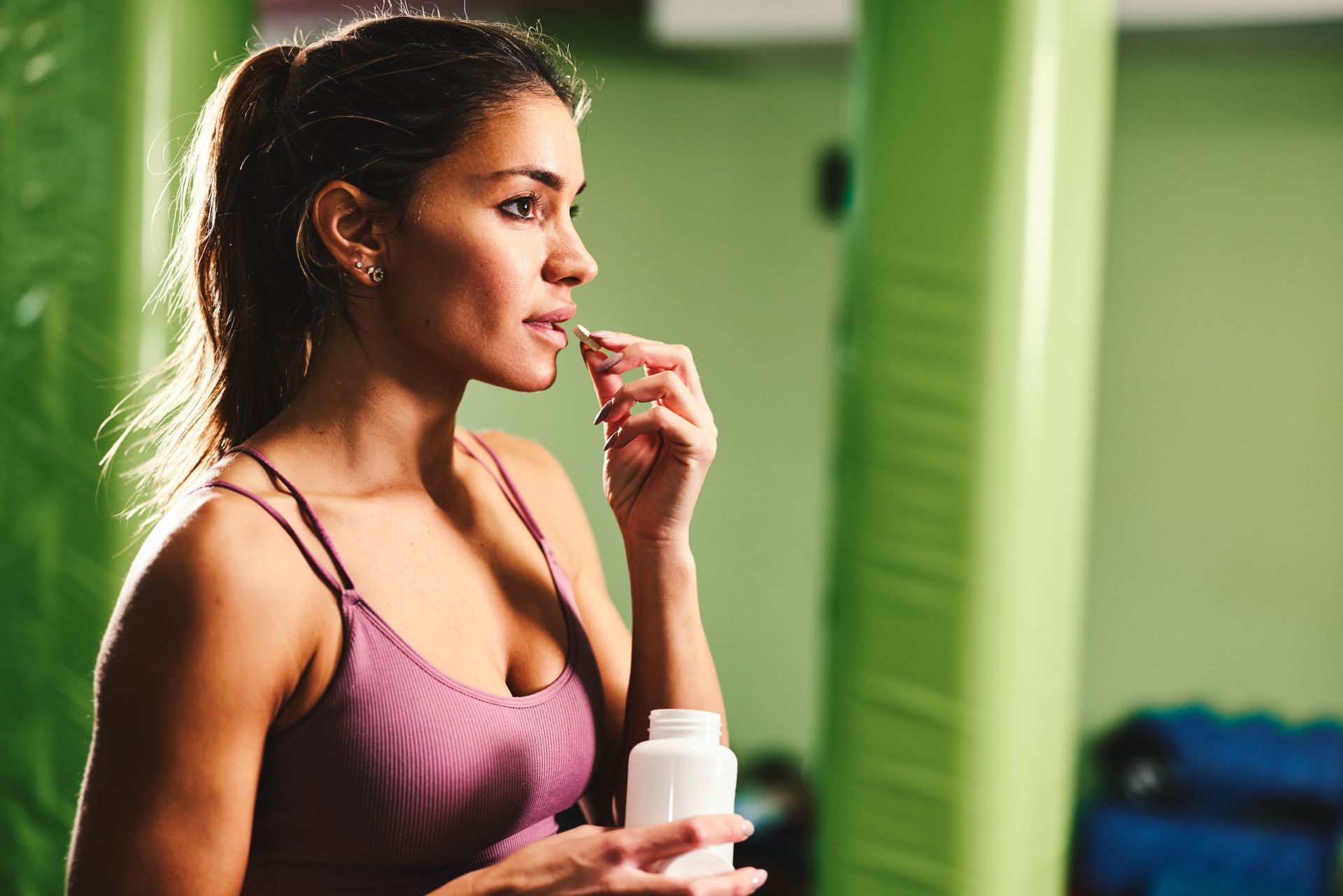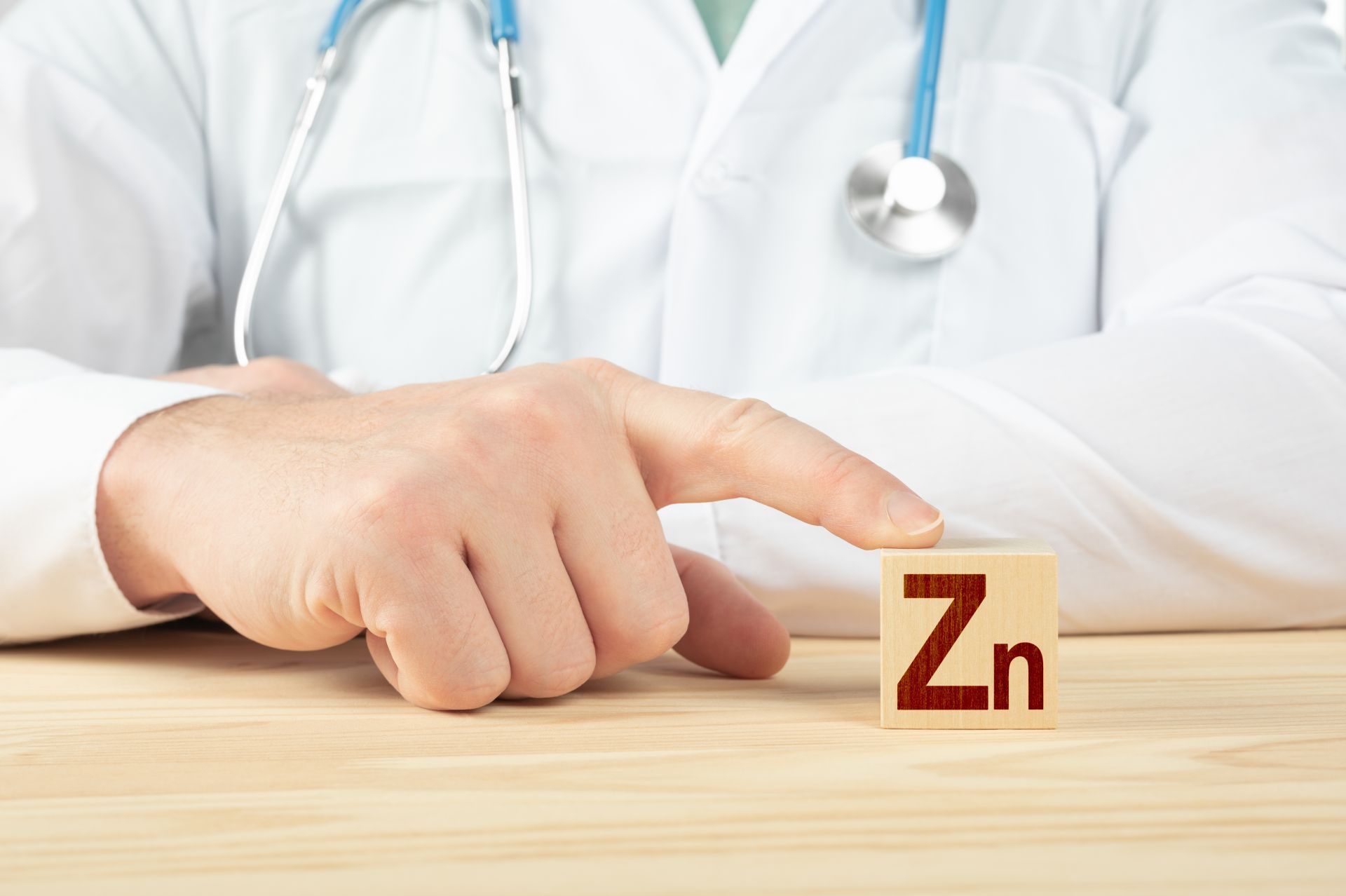heading_title

Nootropics are known in the world of science, business and mental work. Is there a place for them in sports, too? It turns out that advanced athletes have been using them for a long time, and some synthetic nootropic substances are even classified as doping! Find out how nootropics affect physical performance, and which ones you should choose to enjoy safe performance.
- Do nootropics help in sports?
- How can nootropics potentially aid sports?
- Are nootropics doping agents?
- Safe nootropics for athletes to use on a daily basis
- Is that all? No!
Do nootropics help in sports?
The scale of benefits depends on the type of sport and, of course, the type of nootropic substance, but overall, as much as possible, athletes also benefit from nootropics. Thus, this is not a group of substances reserved exclusively for students and white-collar workers.
How can nootropics potentially aid sports?
There are several aspects that are extremely helpful:
- inhibition of fatigue, i.e. the ability to get more training volume;
- better focus on the task at hand and muscle work;
- better reaction time;
- better mood and motivation to perform.
Although some nootropics have specific effects specifically on metabolic parameters and athletic performance, even the mere fact of a beneficial effect on mental function can give benefits to the strength of the training stimulus that will be generated.

Are nootropics doping agents?
It turns out that some nootropic agents are indicated on the World Anti-Doping Agency's (WADA) list of prohibited substances in sports. These are mainly substances from the stimulant group (S6).
Examples of nootropics that are banned in professional sports:
- meclofenoxate (centrophenoxine)
- modafinil and adrafinil
- phenylpiracetam
- bromantan
Safe nootropics for athletes to use on a daily basis
Of those that are not banned in sports, yet are readily available and safe, nootropics that are also adaptogens work well. Pay particular attention to:
- Rhodiola rosea
- Panax ginseng
- Eleutherococcus senticosus
Each of the above plants is designed to help the body adapt to stress, and intense sports undoubtedly is a very stressful factor for the body. These 3 adaptogens strengthen the body both physically and mentally. Each inhibits fatigue, increases motivation and strengthens resistance to difficult, stressful conditions. They should be used daily, preferably for a period of 3-6 months, to feel their full adaptogenic, nootropic and pro-sport potential.
Taking Eleutherococcus senticosus (Siberian ginseng) as an example: use of its extract (800 mg daily) for 8 weeks by recreational male athletes resulted in increased endurance, support for cardiovascular function and a change in metabolism towards glycogen-sparing. Subjects saw a 12% increase in peak VO2, a 23% improvement in endurance time and a significant 4% increase in heart rate.
Is that all? No!
What other nootropics are worth paying attention to? It's also a good idea to have something on hand to take before training. Pay attention to the following nootropics:
- Alpha GPC - this is a form of choline that is considered a nootropic, as it efficiently enters the brain. Studies show that even a single serving taken before a workout significantly increased growth hormone output, up to 44 times, and on top of that it increases power in pressing. Many people also notice better training focus and better control of muscle contractions thanks to it.
- Caffeine + theanine - a more pleasant alternative to caffeine alone. If caffeine under standard conditions causes you unpleasant effects that hinder your workout, such as hand tremors or anxiety, the addition of theanine can significantly diminish them.
Sources:
 ⮜ Previous article
⮜ Previous article
Ashwagandha - pills for stress and insomnia
 Next article ⮞
Next article ⮞